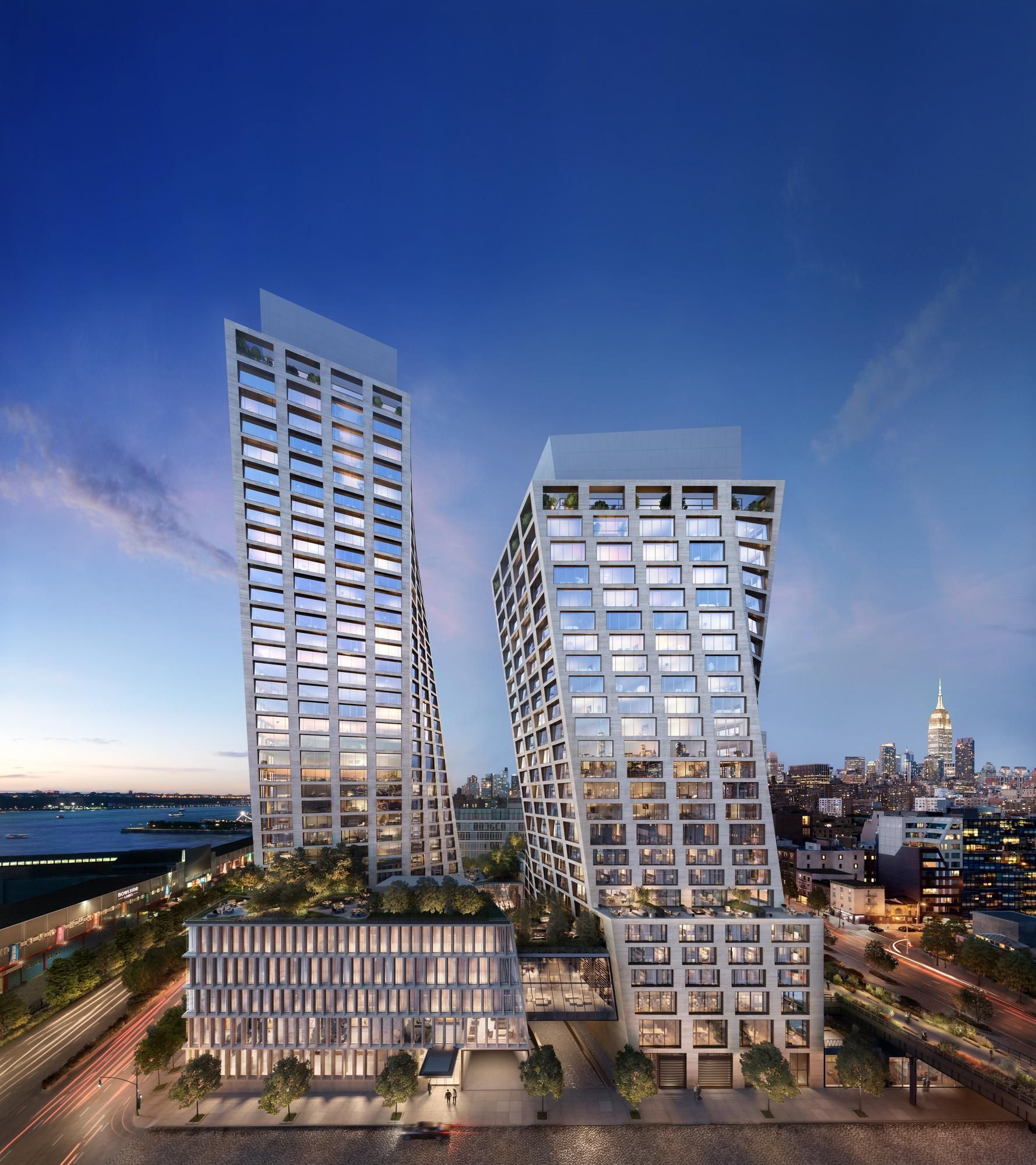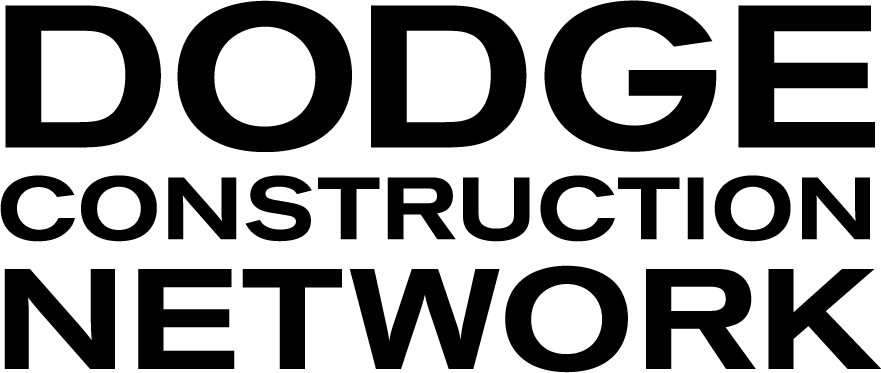Coronavirus Forces New York Condo Developers Into a Race Against Time
As construction across the city screeches to a halt, developers reckon with how to keep their projects funded while the pandemic rages on
After grappling with sluggish market for more than two years, developers of New York City’s most luxurious condo towers are now confronting the unprecedented fallout of the coronavirus epidemic, which has ground construction, and many of their sales efforts, to a standstill.
The virus has compounded the struggle for developers, who already faced a decline in foreign buyers and an oversupply of new projects at the high end of the market. Previously, buyers of high-end New York City condos were already “catching a falling knife,” said developer Ian Bruce Eichner. “Now, they’re catching a falling sword.”
“You’re pouring gasoline on the fire,” said Robin Schneiderman, a new development specialist at Halstead Development Marketing.
Real-estate attorney Jay Neveloff said his phone has been ringing off the hook with developer clients seeking guidance. Some ask for advice in negotiating with the lenders; others ask if they are eligible for federal assistance. “There are some days when I’m just drained,” he said.

New York City condos were already ‘catching a falling knife,’ said Ian Bruce Eichner, the developer of Madison Square Park Tower, above. ‘Now, they’re catching a falling sword.’
PHOTO: MICHAEL NAGLE/BLOOMBERG NEWS
Developers, like many others, find themselves in a state of limbo, with no definitive timeline for a return to normal business. Halting construction has thrown project timelines into disarray, forcing developers to renegotiate maturing loans and source cash to recapitalize their buildings and buy more time. Some worry that more aggressive lenders could wrest control of their projects if the shutdown drags on.
Veterans say the issues are particularly acute for higher-end buildings selling units in the tens of millions, or those with construction loans coming due in the next few months.
With more than $1 billion in signed contracts on the line in Manhattan alone, developers are hoping that Gov. Andrew Cuomo will consider an executive order extending timelines for sales and construction, Mr. Neveloff said. Without an extension, buyers who’ve already signed contracts on new development units could wriggle out of their deals without losing their deposits. A spokesperson for the governor’s office didn’t respond to a request for comment.
With sales offices closed, most developers are relying on agents giving virtual tours of their projects to drive sales. Absent a few exceptions, it is largely considered an ineffectual tool, as most buyers want to see a property in the flesh before signing on the dotted line, according to people familiar with the market.
David Kramer of Hudson Companies, developer of One Clinton, a new high-end condominium in Brooklyn Heights, said he managed to sign three deals since the crisis took hold, though all of the buyers had physically seen the sales office, which includes a model unit, before it closed. Sales at the building launched over a year ago, and the units are about 35% sold, he said.
“I don’t think anyone is under the impression that they’re going to close many buyers with just a virtual tour,” Mr. Kramer said.
Those buyers closed over the last couple of weeks; prices ranged from around $2 million to $3 million for units ranging in size from two to three bedrooms. That represents around a 5% to 10% discount to their asking prices, he said. Mr. Kramer said he isn’t prepared to discount significantly more and noted that he has turned away some lowball buyers. “They overestimated the level of distress they were hoping for,” he said. “We’re nowhere near that doomsday scenario.”
Mr. Kramer said he feels he is in a better position than many developers because his units have more approachable price tags. Some of Manhattan’s newest buildings are geared toward buyers with three, four or five homes around the world, he said. Those buyers are more discretionary than Brooklyn families, who may feel the need to scale up their living situations.
There have still been a handful of high-profile closings in recent weeks even as the pandemic took hold, including two deals north of $50 million at 220 Central Park South on Billionaires’ Row. And the developer of a condo building at 56 Leonard in Manhattan’s Tribeca neighborhood sold the final unit in the building for $21.5 million amid the pandemic. Ironically, 56 Leonard launched sales the same week Lehman Brothers collapsed in 2008. Izak Senbahar, one of the building’s developers, said the purchaser seemed to buy out of necessity, as opposed to a discretionary purchase.

Under-construction mega-tower at 111 West 57th Street still has hundreds of millions of dollars in listings still on the market. A rendering of the lobby.
PHOTO: HAYES DAVIDSON (RENDERING)
He said of the project: “It was a roller coaster but that’s how life goes. Nothing goes in a straight line.”
Ziel Feldman of HFZ Capital Group is the developer of the XI, a pricey new condo project in West Chelsea. He said he is feeling confident so far that existing contracts are safe. “We haven’t seen cold feet,” he said. Mr. Feldman declined to comment on how many units are in contract, though people familiar with the market said progress has been slow for the project. Sales launched at the building in the fall of 2018.
Michael Stern of JDS Development Group, one of the developers behind the under-construction Billionaires’ Row mega-tower at 111 West 57th Street, said he packed up the construction site and sent workers home last month in compliance with a state mandate. He said construction productivity had already been down by 40% to 60% thanks to the coronavirus. “People weren’t showing up, and it was very hard to get required inspections,” he said. “We were walking, but limping.”

Developer David Kramer said he has sold three units at One Clinton, his project in Brooklyn Heights, in the last month. A rendering of a unit.
PHOTO: NOE & ASSOCIATES/THE BOUNDARY (RENDERING)
Mr. Stern, like many developers, is facing a challenging road ahead, with hundreds of millions of dollars in listings still on the market at the tower. He said he is optimistic that lenders will be amenable to shifting construction and payment deadlines, though he said some developers may have to pony up more of their own cash, or raise new funds, as a result. “I don’t see anyone doing anything irrational,” he said. “There’s something about the camaraderie of all being in the soup together.”
Some do expect to deal with supply chain issues once construction is allowed to ramp back up. Construction giant Plaza Construction, which is working on about six New York condo projects, said they already had some materials held up earlier in the year because they were made in Wuhan, China, but those issues have been resolved. Some marble has also been delayed in Italy.
Mr. Eichner had been planning to spend the next few months selling the remaining units at Madison Square Park Tower, a roughly 700-foot tower overlooking Madison Square Park. Now, in-person showings have stopped, and he is spending his days holed up at his vacation house in the Hamptons.

Mr. Eichner said he got “lucky” selling a pair of penthouses for $45 million right before the crisis hit, and is thankful to have just three units left to sell.
But he worries that the New York City market will be slow to restart, and that purchasers may view high-rise living differently as a result of the outbreak. “How does a city like New York, a gargantuan petri dish, resume?” he said.
Meanwhile, he’s negotiated with a manufacturer to ship a tennis ball-spitting machine to his East Hampton property.
“The second it’s warm enough, I’m going to go out and play tennis with myself,” he said.

A rendering of the XI, a pricey new condo project in West Chelsea. The developer declined to comment on how many units are in contract, though people familiar with the market said progress has been slow for the project. DBOX/HFZ CAPITAL GROUP
